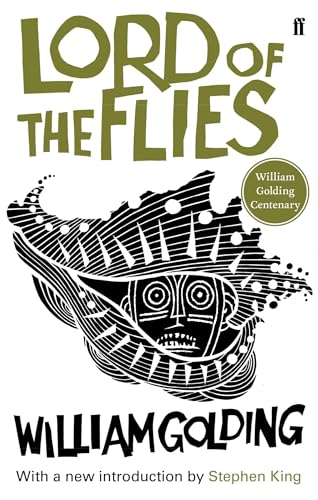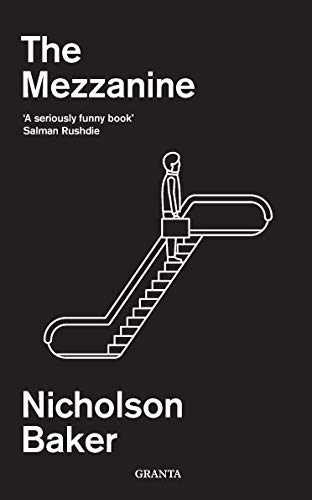William Golding "Lord Of The Flies" (Faber & Faber)

This is one of those books we had to read at school. Then I hated it, but now as an adult returning to it after fifty or more years, I have reconsidered it.
The Lord of the Flies by William Golding describes the lives of young boys stranded on an island after their plane has crashed, evacuating them from a war stricken Britain. The boys are ecstatic, rejoicing in their new freedom on the island. As time passes, however, the struggle to survive becomes increasingly difficult. The young boys find that the freedom that they had once rejoiced, may become the culprit of their demise. The hopes of being rescued are overshadowed by the fear and jealousy of some of the young boys, who become increasingly aggravated and violent as time progresses. Their only aspirations to survive rely on the order that the majority wishes to rebel against.
Freedom and order are the main themes of the book that relate to utopias and dystopias. The boys are rejoicing over their new freedom and feel as though they are in a utopian state. Without order though, basic animal instinct emerges in most of the boys, and over comes them. The boys go into frenzy and their utopia becomes a dystopia. A utopia, as depicted in Lord of the Flies, would be one with order and rules, essential for human survival and sanity, while a dystopia would be one of free reign; since humans are unable to handle total freedom without reverting to killer animal instinct.
This is a brilliantly imaginative (and probably quite plausible) investigation into a hypothetical microcosm containing only young boys, and situated in what is essentially a very lonely, isolated place, with no rules or regulations except those they ordain for themselves, and reflecting the true nature of man without civilisation. The narrative is intense and gripping; the characters plausible and engaging. The unpleasantness of some scenes are not to everyone's taste, but I'd recommend it to just about anyone else.

This is one of those books we had to read at school. Then I hated it, but now as an adult returning to it after fifty or more years, I have reconsidered it.
The Lord of the Flies by William Golding describes the lives of young boys stranded on an island after their plane has crashed, evacuating them from a war stricken Britain. The boys are ecstatic, rejoicing in their new freedom on the island. As time passes, however, the struggle to survive becomes increasingly difficult. The young boys find that the freedom that they had once rejoiced, may become the culprit of their demise. The hopes of being rescued are overshadowed by the fear and jealousy of some of the young boys, who become increasingly aggravated and violent as time progresses. Their only aspirations to survive rely on the order that the majority wishes to rebel against.
Freedom and order are the main themes of the book that relate to utopias and dystopias. The boys are rejoicing over their new freedom and feel as though they are in a utopian state. Without order though, basic animal instinct emerges in most of the boys, and over comes them. The boys go into frenzy and their utopia becomes a dystopia. A utopia, as depicted in Lord of the Flies, would be one with order and rules, essential for human survival and sanity, while a dystopia would be one of free reign; since humans are unable to handle total freedom without reverting to killer animal instinct.
This is a brilliantly imaginative (and probably quite plausible) investigation into a hypothetical microcosm containing only young boys, and situated in what is essentially a very lonely, isolated place, with no rules or regulations except those they ordain for themselves, and reflecting the true nature of man without civilisation. The narrative is intense and gripping; the characters plausible and engaging. The unpleasantness of some scenes are not to everyone's taste, but I'd recommend it to just about anyone else.

